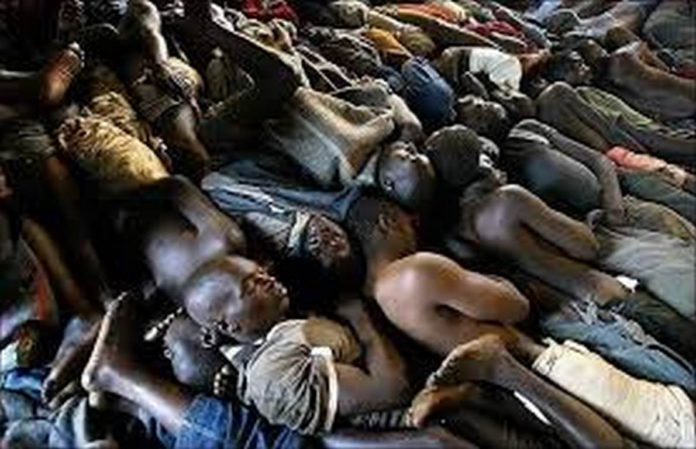Thousands of Cameroonian prisoners have effectively regained their freedom, as ordered by the central African state’s President Paul Biya, after his government reported that the coronavirus pandemic was spreading and inmates were among the groups with the highest level of exposure.
The government has, however, not provided the number of infected inmates but says more than 1,500 people have been tested COVID-19 positive in Cameroon in less than two months, with over 50 deaths.
Speaking via a messaging application from Cameroon’s English-speaking northwestern town of Bamenda, Henry Asaah Ngu, superintendent of the Bamenda Central prison says the 138 inmates who have regained their freedom were all tested COVID-19-free. He says their departure makes it possible for prison staff to ensure that compliance with principles of hygiene is effective to check the spread of the coronavirus.
“With this release, we will be able to apply very strictly that aspect of social distancing even within the prison,” he said.
The Bamenda Central Prison has 403 officially declared inmates. Cameroon has 78 overcrowded prisons, with 30,000 prisoners in detention facilities constructed for a maximum of 9,000 inmates.
Among the 1,400 who have regained their freedom from the Bamenda, Bafoussam, Bertoua and Buea central prisons is Emmanuel Ngomba. He says he was arrested two years ago, at 16, and held at the Buea Central Prison.
“I left the house one evening to go and see a friend. He said he wanted us to go and take some things from his uncle’s shop. We went there, took some gas bottles and engine oil. They [the police] caught me. Prison is not a good place,” he said.
Ngumba, who spoke via a messaging application, said his rights were abused because he was accused of theft and detained in prison for two years without trial.
On April 15, President Biya ordered the release of thousands of prisoners over concerns about congested facilities spreading the coronavirus. Under the presidential decision, life sentences were reduced to 25 years and those for whom life sentences had been reduced to 25 years had five years taken off their sentences. Ten-year sentences were cut by three years, five-year sentences reduced by two years and three-year sentences cut by one year.
However, separatists fighting for an independent English-speaking state in the central African nation and officials jailed for corruption were excluded.

